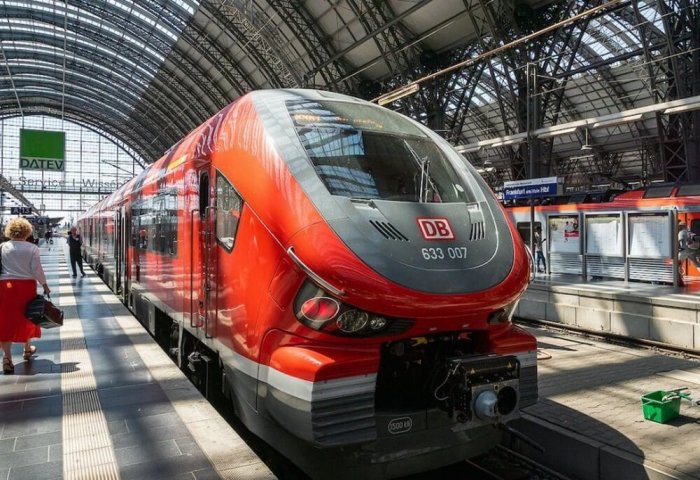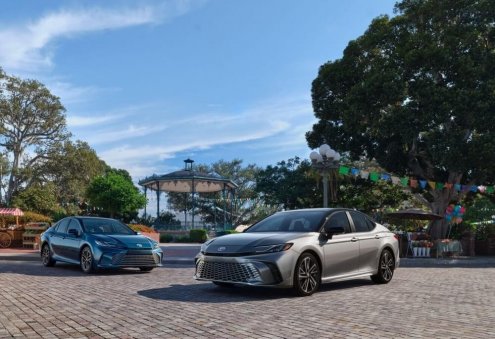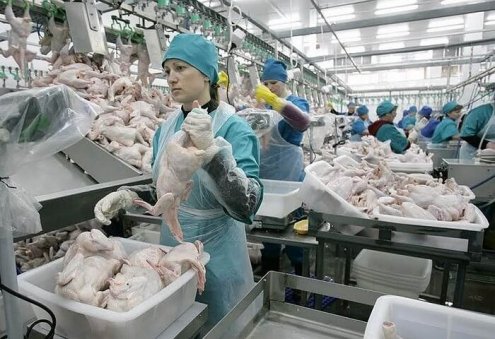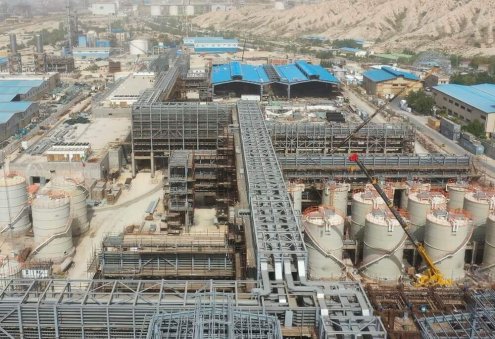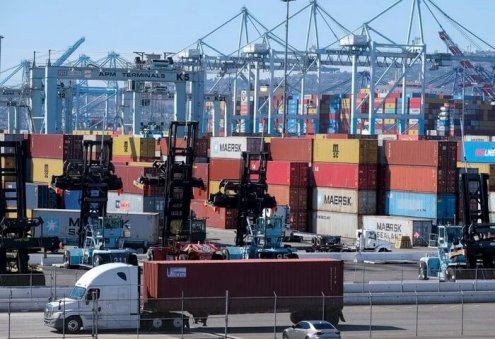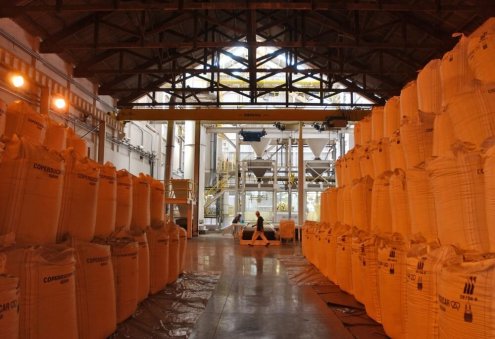Siemens Mobility and Germany’s national rail operator Deutsche Bahn have laid out plans to develop and trial an environmentally friendly hydrogen fuel-cell train with an eye to replacing diesel trains.
Deutsche Bahn figures that the trial alone will stop about 330 tons of carbon dioxide from entering the atmosphere.
The companies said in a joint statement issued earlier this week that tests of a train equipped with a new hydrogen drive will commence in 2024 and run for one year between three cities in the German state of Baden-Württemberg.
The prototype train, known as Mireo Plus H, will use a fuel-cell and lithium ion battery. Made up of two carriages, its range will extend to as much as 600 kilometers. It will have a top speed of 160 kilometers per hour and can be recharged in just 15 minutes.
The collaboration will also look to work on the associated infrastructure the train will need. To this end, Deutsche Bahn will refit one of its maintenance facilities to serve as a fueling and maintenance station for the train. The company plans to create hydrogen by electrolysis, using electricity to split water into oxygen and hydrogen.
Hydrogen has long been considered a promising energy source for rail networks. France's Alstom tested a hydrogen-powered train in northern Germany between 2018 and 2020, and has expanded the service into some routes in Austria.
There are four main sources for the commercial production of hydrogen: natural gas, oil, coal, and electrolysis. Presently, fossil fuels are the dominant source of industrial hydrogen.

